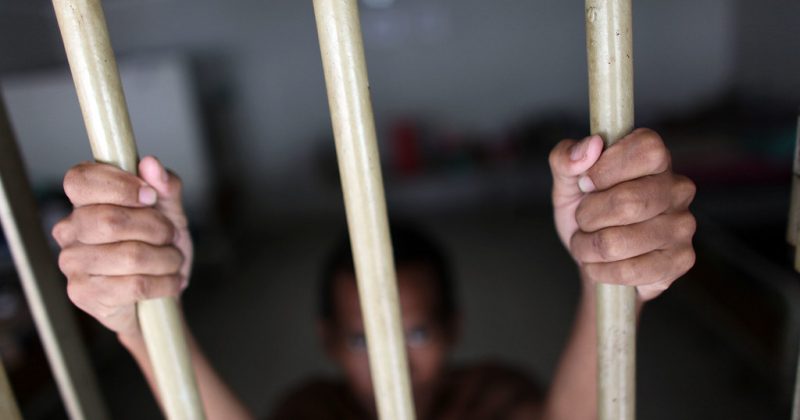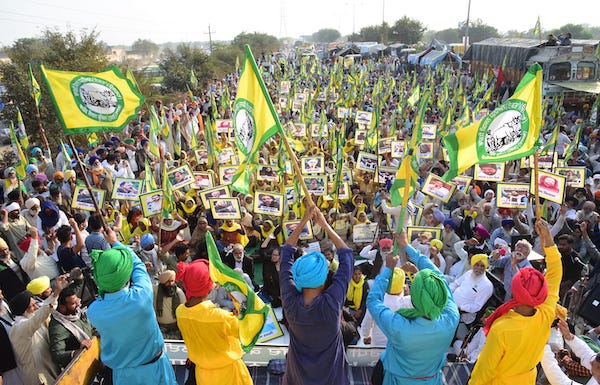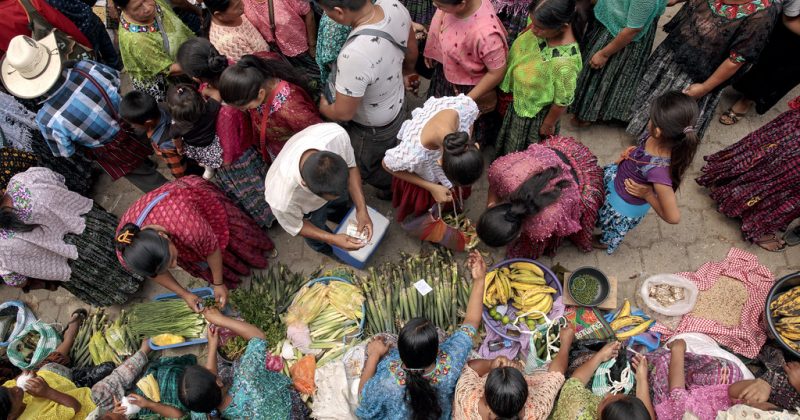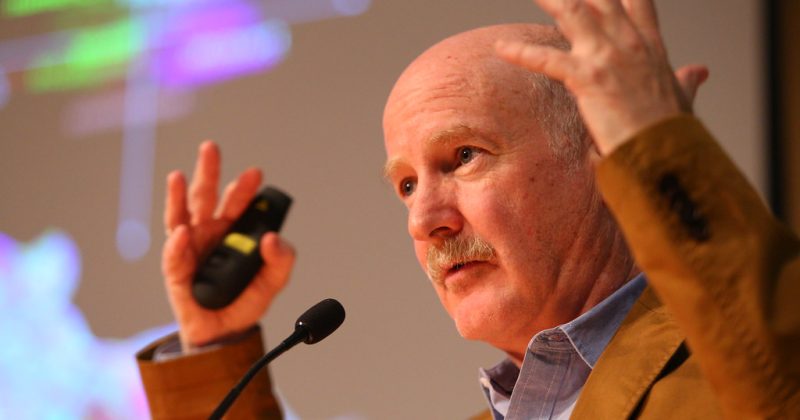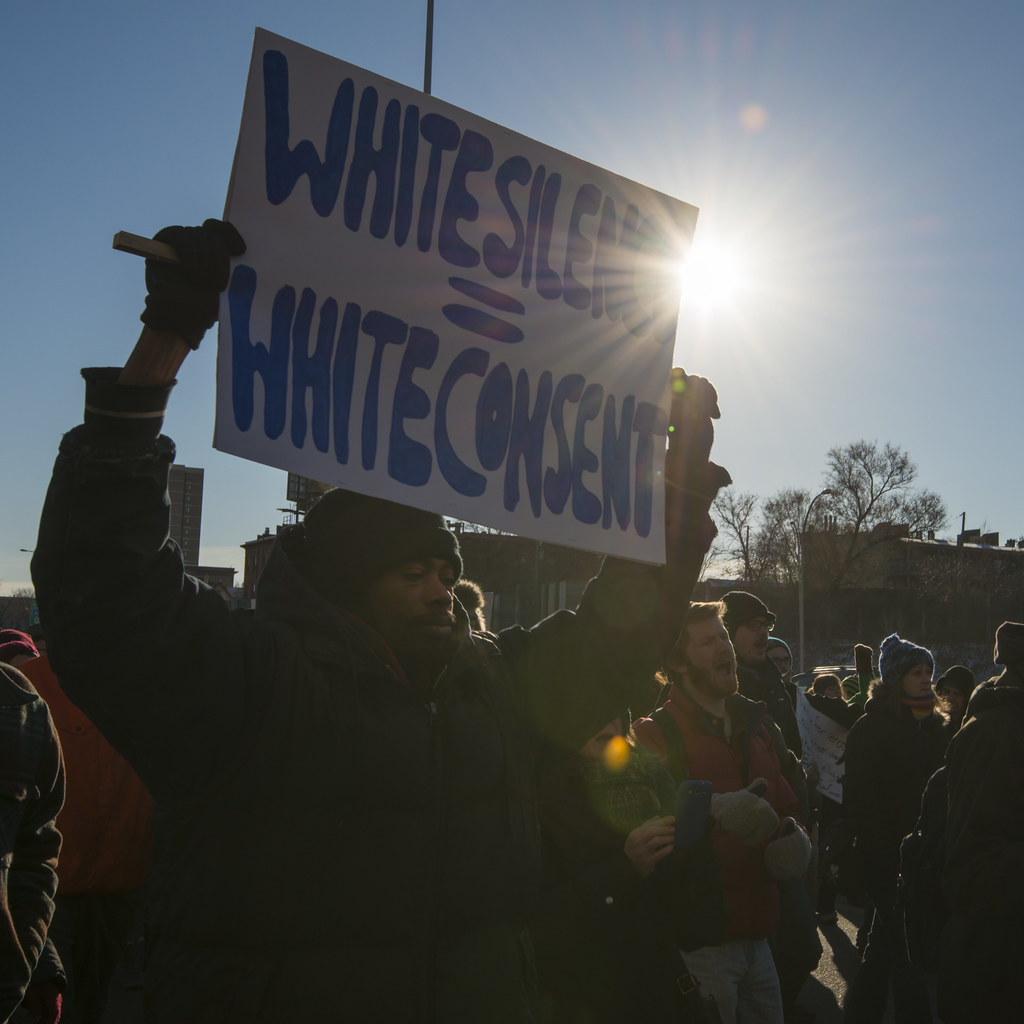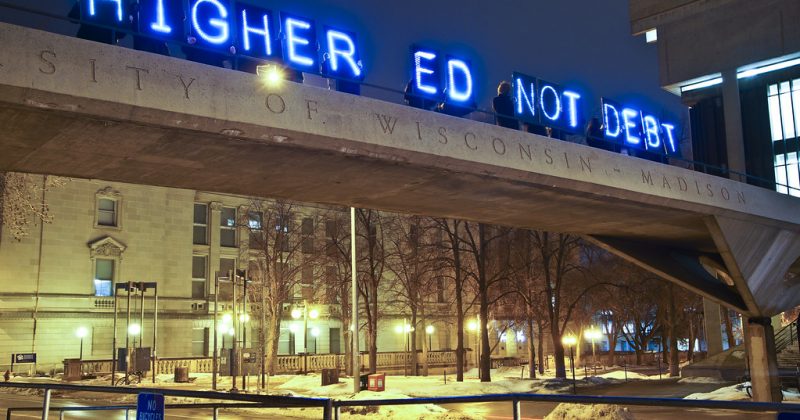
Student Debt Forgiveness is a Human Rights Issue
By Noah Smith, RightsViews staff writer and a graduate student in the human rights MA program.
Americans owe over $1.7 trillion in student loan debt and the Federal Reserve projects that 31% of all U.S. adults have student loans. House and Senate Democrats have frequently implored President Biden to forgive up to $50,000 of federal debt through an Executive Order, an action Senate majority leader Chuck Schumer has articulated Biden should take during his first 100 days in office.
During a recent CNN town hall, an audience member asked President Biden what actions his administration will take to forgive up to $50,000. He quickly responded by stating “I will not make that happen.” President Biden has given several reasons for why he does not support large student debt forgiveness, namely, he believes such action would disproportionately benefit students who go to “elite” private colleges. “It depends on whether or not you go to a private university or public university,” he said...

